Please share an early/childhood experience that was pivotal to your personal relationship to wildlife. From my earliest memories, I have always felt a close connection with all animals. As a young child, I was always bringing home stray animals and those in need of care, much to the dismay of my family. I started attending...
Author: Julissa (Julissa Favela)
Fire Season Tips: Triage
(Part II of a short series) Animals in fires suffer from direct thermal injury as well as injuries from inhalation of chemicals and particulate debris. Certainly burns to the skin are the most obvious, but burns and damage to the respiratory tract from smoke inhalation should not be underestimated. If an animal is close enough...
Spotlight on New Staff Member, Micayla Harland
Micayla is our new behind the scenes bookkeeper. Welcome Micayla! Please share an early/childhood experience that was pivotal to your personal relationship to wildlife. I grew up part-time (child of divorce) on a small hobby farm in the Manitoba prairies. We had a couple horses and a few dozen head of cattle. One memory of...
Spotlight on new board member Deborah Galle!
Please share an early/childhood experience that was pivotal to your personal relationship with wildlife. As a child, I LOVED wildlife. I would find toads, salamanders, snakes, bumble bees and hold them all! I was fascinated by their behaviors and could watch them for hours. When I was about 7 years old, I would visit two...
Words from Pat Latas DVM – IWRC’s newest board member!
Please share an early/childhood experience that was pivotal to your personal relationship with wildlife. I’m not sure that there was one experience, I was involved with the natural world from my first memories and before–there is a family photo of me in diapers bent over watching some ants…I suppose the moment I was old...
Case study: methods and observations of overwintering Eptesicus fuscus with White-Nose Syndrome in Ohio, USA
Molly C Simonis 1,2 Rebecca A Crow,2 and Megan A Rúa1 1 Department of Biological Sciences, Wright State University, Dayton, Ohio, USA 2 Brukner Nature Center Troy, Ohio, USA ABSTRACT: Temperate, cave-dwelling bat populations in eastern North America are facing drastic declines due to the emergent disease called White-Nose Syndrome (WNS). In Ohio, USA, wildlife...
Weigh in on the Proposed Revision to the List of Protected Migratory Bird Species, 50 CFR Part 10.13
Good day Rehab Partners, Just wanted to be sure you were aware of the proposed revision to 50 CFR Part 10.13 The List of Migratory Birds currently appearing in the Federal Register: https://www.regulations.gov/document?D=FWS-HQ-MB-2018-0047-0001 This rule would update the current list of migratory birds protected by the Migratory Bird Treaty Act (MBTA), based on scientific changes to...
2018 USFWS Year End Reports Announcement
It’s that time of year again… Annual Reports of activity for Federal Rehabilitation, Special Purpose Possession and Eagle Exhibition permit are due to your Regional U.S. Fish and Wildlife Service Migratory Bird Permit Issuing Office postmarked on/by Thursday, January 31, 2019. If your permit expires March 31, 2019, you may receive an annual report form and renewal letter via regular mail...
Case study: the use of falconry techniques in raptor rehabilitation
Kristin Madden 1,2 and Matthew Mitchell1 1U.S. Fish and Wildlife Service Southwest Region, Migratory Birds Program, Albuquerque, NM, USA. 2Wildlife Rescue Inc. of New Mexico, Albuquerque, NM, USA ABSTRACT We predicted that certain falconry techniques would decrease stress and the time required to pre-condition raptors for release. Between 2008 and 2014, we alternated use...
Tulelake National Wildlife Refuge: Avian botulism outbreak
Bird Ally X is managing an Avian Botulism outbreak on site at the Tulelake National Wildlife Refuge in Northern California and has an immediate need for volunteers to help care for impacted wildlife. Avian botulism is a strain of botulism that affects wild bird populations, most notably waterfowl and is not contagious. This is an...
